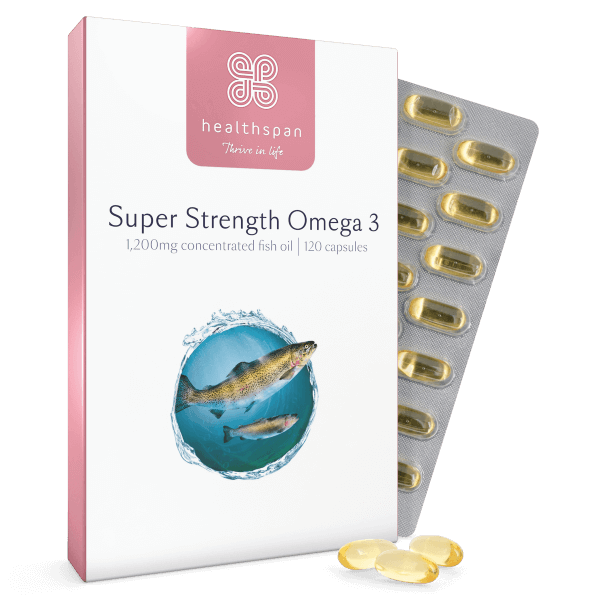A stroke is often thought to affect older people, yet around a third of the 100,000 strokes that occur each year in the UK happen to people aged between 20 and 64. The good news is more people are surviving stroke than ever before and there are over 1.2 million stroke survivors in the UK.
Recovering from a stroke
Following a stroke, different people require different amounts of rehabilitation and support to return to a life that is as normal as possible. Physiotherapy, speech therapy and occupational therapy will help to restore some lost movement, speech disturbance and mobility.
Try to stay patient as rehabilitation is often slow and frustrating, but it is important to remain positive as you regain your confidence. Emotional support from family and friends is vital. Together, set a daily routine that you can stick to with regular times to exercise and learn new skills. Around a third of people who survive a stroke make a significant recovery within one month. However, the brain continues to learn how to rewire itself as other parts of the brain take over some of the tasks of cells damaged by stroke. This means improvements can continue for months or even years afterwards.
Diet and stroke
You can aid your recovery and reduce your risk of another stroke through diet and lifestyle approaches. Studies looking for dietary links with stroke have found that a high consumption of nuts, fruits, vegetables, dairy foods, fish and tea, and moderate consumption of coffee and chocolate have a protective effect against stroke, while a high consumption of red and/or processed meat was associated with increased stroke risk.1 Artificially sweetened beverages such as fizzy diet drinks also appear to increase the risk of ischemic stroke, with those with high intakes have almost a three-fold higher risk than those with low intakes, so these are best avoided.2
You may be advised to follow a Mediterranean style diet to help prevent a recurrent stroke as this is especially beneficial for the circulation.3 This way of eating provides plenty of fruit and vegetables, nuts, seeds, olive oil, garlic, tomatoes and oily fish, together with wholegrains and less processed carbohydrates.
Fruit and veg
Increasing your intake of fruit and vegetables to 5 or 6 portions daily was found to reduce the risk of stroke by up to 30% as they contain antioxidant vitamins, potassium, calcium, magnesium, fibre and other substances that lower blood pressure and cholesterol levels. Even if you don't manage to eat five servings of fruit and veg a day, increasing your usual intake by just one serving per day can lower your risk of a stroke by around.
Opt for fish
Eating fish once or twice a week can reduce the risk of a stroke by reducing inflammation and helping to reduce abnormal blood clotting. A recent review of the latest evidence found that those with the highest intake of oily fish were 12% less likely to experience a stroke than those with the lowest intakes, while those with the highest of lean fish were 19% less likely to experience a stroke.4 Other studies have not found a significant benefit, however, so more research is needed to confirm this.
Guard against iron deficiency
Researchers have found that a lack of iron doubles the risk of an ischaemic stroke. This is partly because lack of iron makes the blood more sticky to promote the formation of unwanted blood clots, and partly because iron deficiency anaemia reduces the amount of oxygen that is carried in the circulation to supply brain cells.
Iron is found in meat (in the most easily absorbed form of haem-iron) and in plant foods such as wheatgerm, wholemeal bread, green vegetables and dried fruit. The latest UK National Diet and Nutrition Survey found that 27% of women and 2% of men have worryingly low levels of iron (below the amount needed to prevent deficiency disease). Ask your doctor if you could be iron deficient. Vitamin C helps to boost iron absorption.5
Guard against calcium deficiency
Calcium helps to lower blood pressure as it is needed for interactions between nerve signals and blood vessels that cause them to dilate. Ten studies involving 371,495 people found that a high dairy calcium intake was significantly associated with an approximately 24% reduction of stroke risk.6 N.B. It's also important to ensure good intakes of vitamin D (eg from oily fish) and vitamin K2 (eg from cauliflower and green vegetables) as these regulate the deposition of calcium away from arteries towards the bones.
Cut back on salt
It's also important to reduce your intake of salt as a high salt intake has harmful effects on the circulation, causing blood pressure to rise. The results from 12 studies, involving 225,693 people, who were followed for up to 19 years, shows that a high salt intake increased the risk of a stroke by 34% compared with a low salt intake.7
Lifestyle tips to aid stroke recovery
- If you smoke do your utmost to stop.
- Keep alcohol intake within recommended limits.
- Maintain a healthy weight.
- Exercise regularly - your physiotherapist can provide advice on the best types of exercise depending on your mobility.
- If you have high blood pressure, monitor it at home and visit your doctor if it is not at your goal level despite taking any anti-hypertensive medication.

Super Strength Omega 3 1,200mg
Highly concentrated, refined and sustainably sourced omega-3 fatty acids
- 240mg DHA and 360mg EPA
- Anti-inflammatory; supports brain, eye and heart health
- Benefits of oily fish for 22c a day






